International Day of the Girl
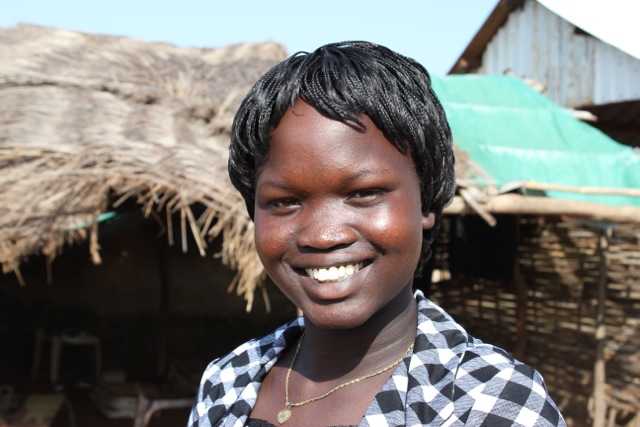
Today is the first-ever International Day of the Girl. Even here in Uganda we are hearing that the Empire State Building in New York City is being lit up pink in tribute. It’s so encouraging that the global community is taking on this important issue! Today UNICEF South Sudan issued a call to action against child marriage, one of the major […]
Ngor Garang Tong
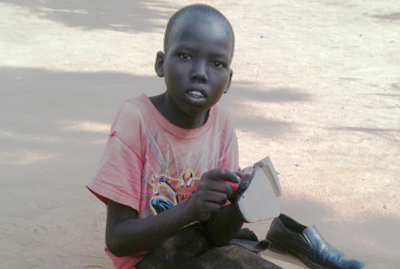
Ngor Garang Tong is a 5th grader at Salva Kiir Primary School, in Aweil Town, which is in Northern Bahr el Ghazal, South Sudan. His school is one of several in the area where we have recently worked on projects. Ngor has a small afterschool business of shining shoes and said he uses his money […]
Ayum Mary Diny
Ayum Mary Diny loves school. Unfortunately due to decades of war she spent most of her childhood unable to go to school, like so many of her friends in South Sudan. Npw that the fighting has stopped Ayum is now 19 years old and only in the second grade.
Gillian Akullo
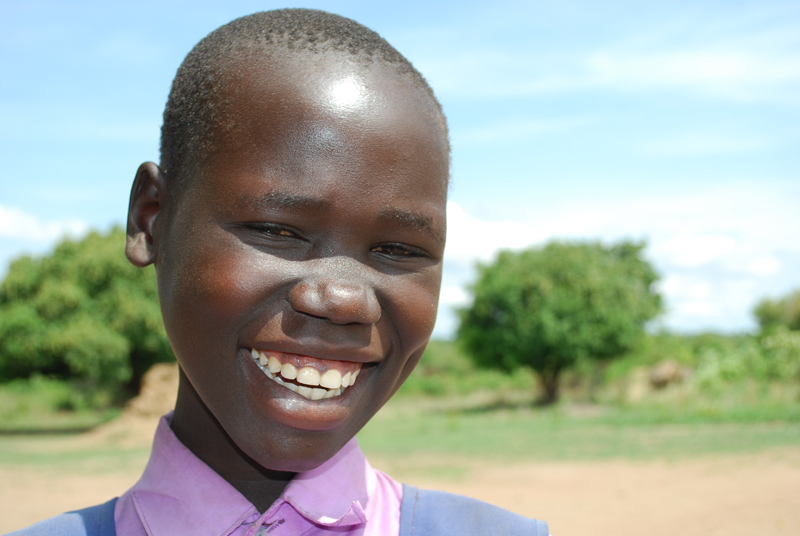
Gillian Akullo is 13 years old and is in 5th grade at Ating Tuo Primary School, in Alebtong, Uganda. Gillian had been suffering from severe diarrhea for two years and recently her symptoms began getting worse. She says her mother was also experiencing the same problems and possibly some of her other 10 siblings. Gillian […]
Juliette Alum
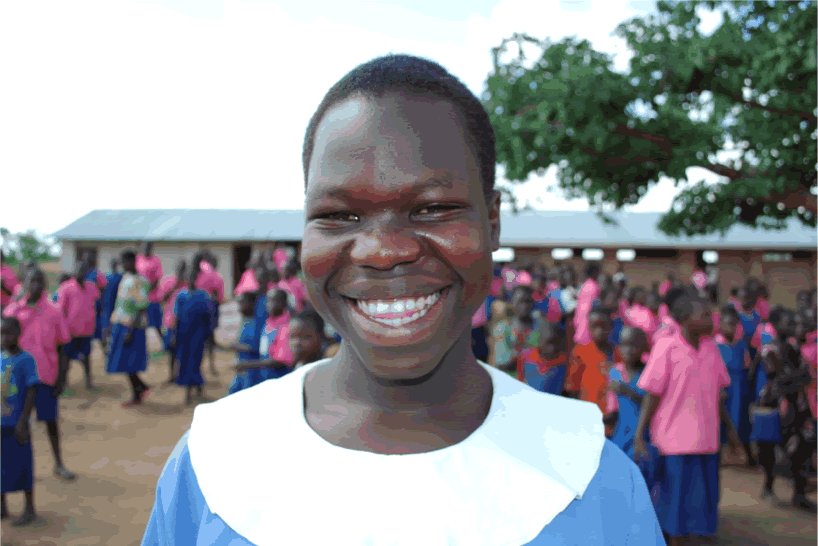
Juliette Alum is 18 years old and attends Omoro Secondary School, in Alebtong, Uganda. She hopes to be a teacher one day. Juliette is thankful for her many opportunities, as she realizes that most girls in her culture do not get the chance to attend secondary school. She and many of her classmates stay at […]
Real Stories from one of our Village Savings and Loan Association (VSLA) Programs
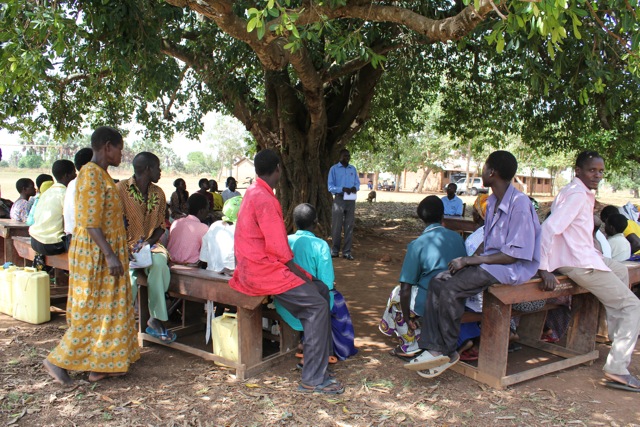
While doing our project follow up in Uganda, I was thrilled to see how well our Village Savings and Loan Associations were coming along. We now have 13 groups, which each consist of 30 members. The Village Savings and Loan Association Program or VSLA is a very-structured system of saving, borrowing and lending of money […]
Collin

Collin is a five year old boy from Grand Rapids, Michigan who heard about Drop in the Bucket because of another amazing kid named Ellie. Collin on hearing about everything Ellie is doing to raise money for a well and decided he wanted to help too. Collin decided he would raise money by selling snacks […]
The Wheatlands Elementary School

In February students at the Wheatlands Elementary School in Aurora, IL held an act-of-kindness fundraiser to raise money help build a water well for a school in Africa. Throughout the year the school had been practicing acts of kindness and had made several donations to organizations in their community. This time they decided to take […]
Changing attitudes about female education

The drilling team in South Sudan was starting to make progress, and once we were sure they had reached a place where they could be left to continue, we headed back to Uganda to check on some of our projects there. First stop was Alela Modern Primary School, near Lira, where we had perviously constructed one […]
Charity Atem

Drop in the Bucket has been working at the Alela Modern Primary School since 2009. We drilled at well in 2009 and a year later we went back and built toilets. It was at this school that we met a girl named Charity Atem. Charity was 16 years old at the time of this article. Charity […]
